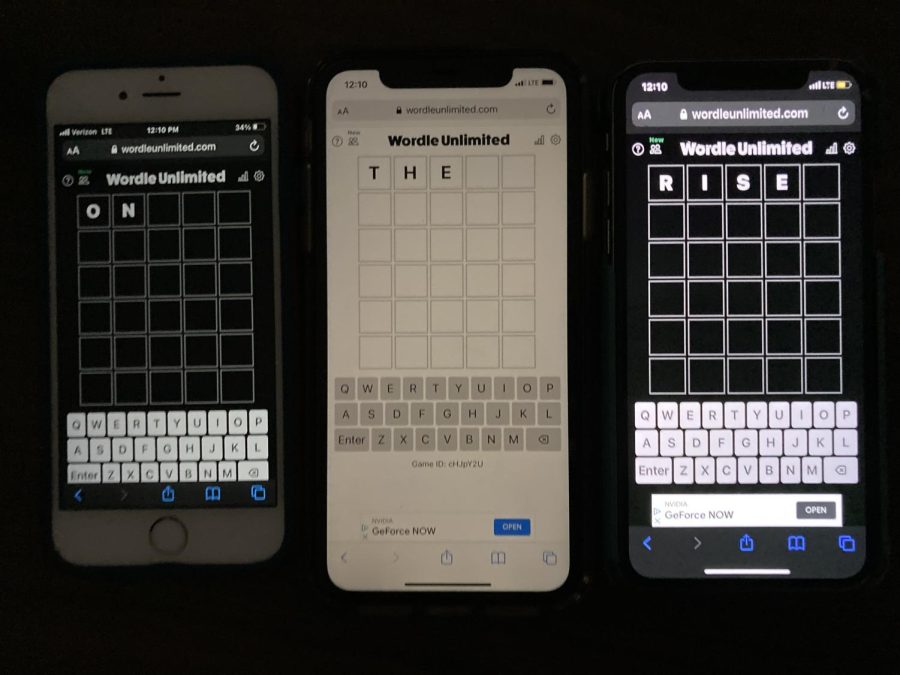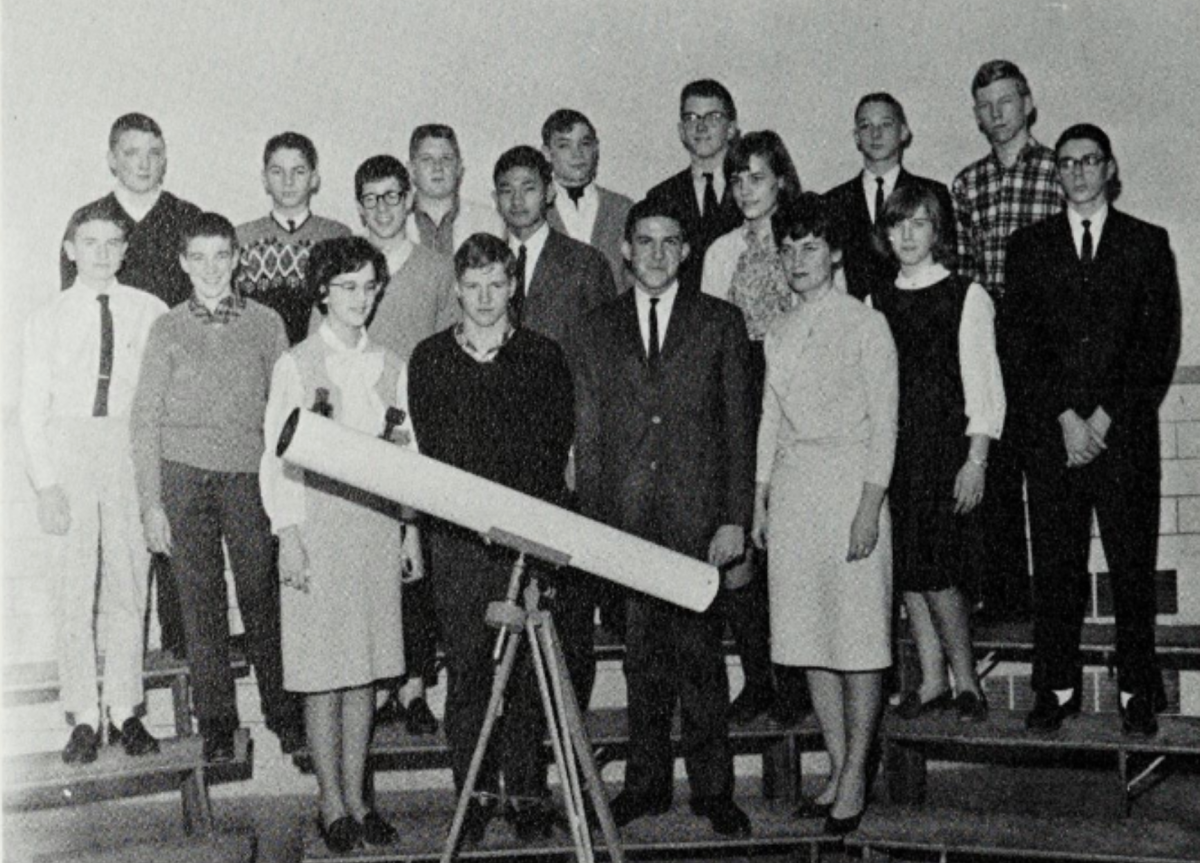“Wordle,” a popular word puzzle game, has recently gained traction across the world, including at McLean. Playing the daily Wordle puzzle has quickly become a habit for many students and teachers.
“I found out about Wordle from my students who were trying to find the word,” German teacher Karen Wolpert said. “I really liked the idea of it and from that day, I never stopped playing.”
Each day, there is a new five letter word which players have to guess within six attempts. The game is simple to understand and easy to use—no ads or freemium memberships, just visiting the URL, playing, then logging off. Wordle gained recognition as students shared how many tries it took them to find the word, which encouraged new users to try the game.
“I started playing since my friends kept talking about it and sharing who found the word the fastest with only a few attempts,” sophomore Millie Jarvis said. “This game was getting a lot of popularity within my friend group and when I tried Wordle, it turned out to be really fun.”
The daily Wordle puzzle is a unifying force, too, because every player around the country is trying to find the same word.
“Since there’s only one puzzle a day, it’s almost like a rare commodity, and people who have already completed the daily word can bond over it,” Jarvis said.
The shared experience of Wordle brings people together in a small but significant way.
“I like the idea that it connects the whole country,” Wolpert said. “When there is a challenging word, the whole country suffers and cheers together.”
The New York Times recently purchased the popular word puzzle game after it gained significant traction. It is now part of the Times’ catalogue of online games, including its famous crossword.
Different developers have taken advantage of the game’s monumental popularity by creating their own variations with the same mechanics. These games fill more niche user bases that want to continue playing after completing the day’s Wordle puzzle.
“There is a Taylordle for Taylor Swift fans, a Wordle archive with all the past words from Wordle, and a Quordle where you solve 4 words at once,” sophomore Riley Purcell said. “These variations are really creative, and it’s shocking that all of these spin-off games happened because of the creation of Wordle.”
Some teachers have even incorporated Wordle into their classes. Wolpert created a new Wordle for her German classes to assist students in strengthening and remembering their German vocabulary.
“Everybody is currently playing Wordle, so I had an idea of creating the German version of Wordle for my classes,” Wolpert said. “Each class there is a new word, and I wanted to make it a competition so they have fun while reviewing their vocabulary. It’s a great way for students to learn, and I recommend all foreign language teachers to do it for their classes.”
Many people like Wolpert see potential in the game, as it can be a fun and interactive game but also helpful for learning and reviewing material.
“I feel that the mental stimulation of figuring out the word can keep students’ brains sharp for the school day,” Jarvis said.
In a stressful, unpredictable year, Wordle has become a staple for its simplicity and formulaic refresh cycles. The game allows students to relax and develop connections with people in a quasi-traditional way.
“The biggest benefit of Wordle is the enjoyment students get out of playing it,” Purcell said. “We are in stressful times, especially since it’s the last half of the school year, and having something to bond and look forward to is all we need.”








